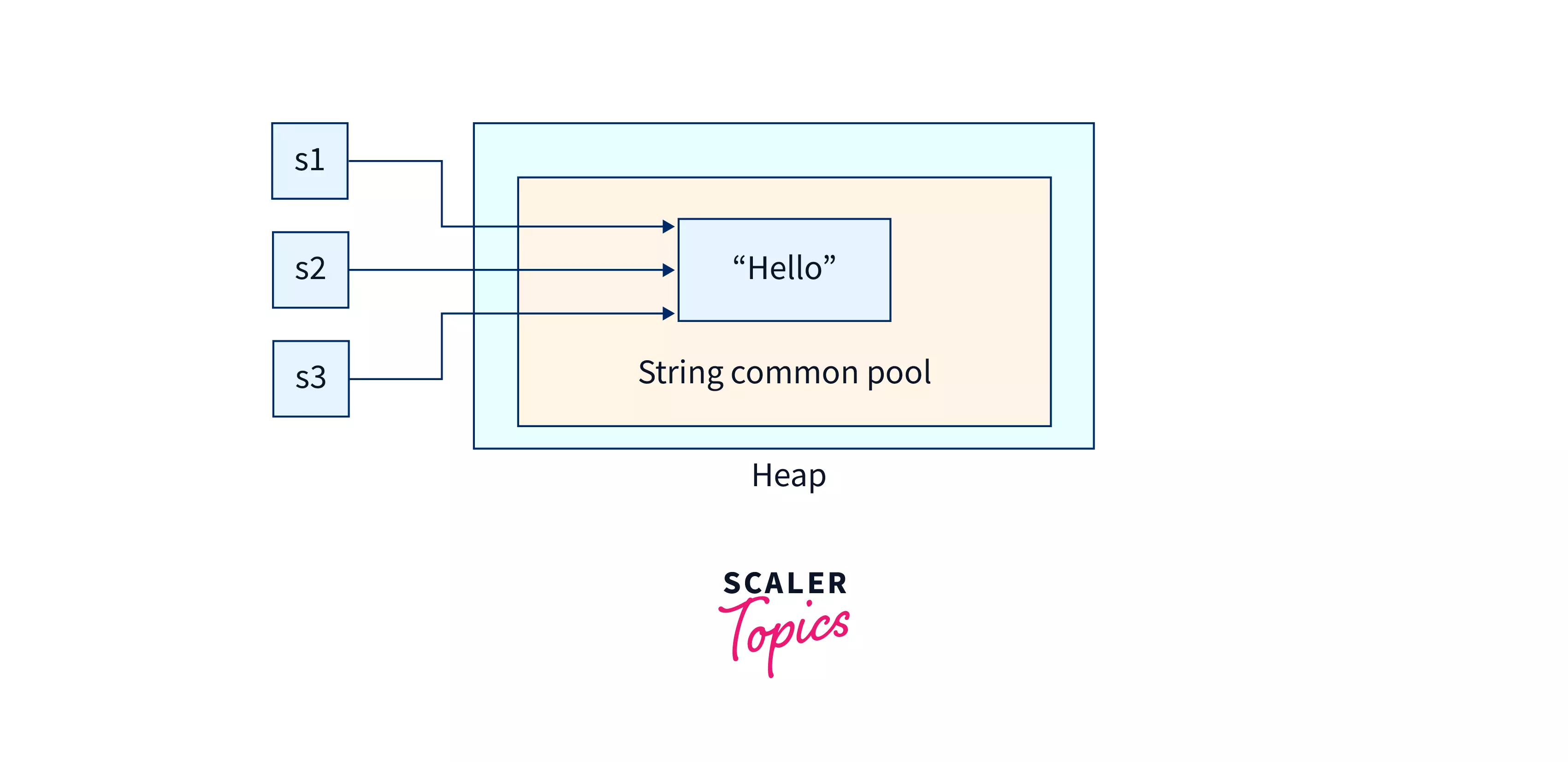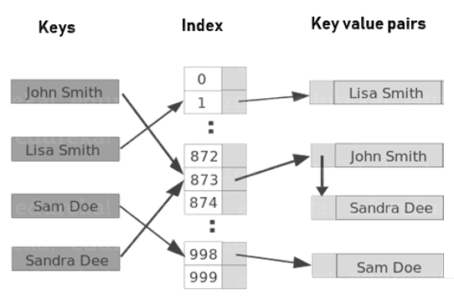What Is Unalterable Strings and How It Works
In the realm of shows, recognizing the principle of unalterable strings is vital for developing protected and robust applications. Immutable strings refer to strings that can not be modified after they are created, making sure data integrity and predictability within the code.
The Fundamentals of Unalterable Strings
Unalterable strings, as a fundamental idea in programming, are character sequences that can not be altered once they are created. This means that as soon as a string is designated a value, that worth can not be modified. In languages like Python and Java, strings are unalterable objects, leading to numerous implications in regards to memory administration and information honesty.
Among the crucial advantages of unalterable strings is that they provide a complacency in data manipulation. Considering that the content of an unalterable string can not be modified, it guarantees that the original information continues to be undamaged, reducing the threat of unplanned changes during program execution (Why are strings immutable in Java?). This home additionally simplifies debugging processes, as designers can rely on that as soon as a string is specified, its worth will certainly not be unintentionally modified
In addition, unalterable strings assist in reliable memory usage. When a brand-new string is created based upon an existing one, instead of modifying the original string, the brand-new value is kept individually. This method improves efficiency by decreasing memory fragmentation and streamlining memory appropriation processes. Generally, understanding the basics of unalterable strings is vital for grasping shows principles and maximizing code effectiveness.
Advantages of Unalterable Strings
Building upon the safety and security and efficiency advantages of immutable strings, their benefits include enhancing code dependability and streamlining simultaneous programming tasks. By being immutable, strings can not be changed after production, which gets rid of the danger of unintentional changes in the information they save. This fundamental immutability makes certain that once a string is created, its value stays constant throughout the program's implementation, lowering the chances of pests triggered by unforeseen changes.
Furthermore, unalterable strings add to code integrity by making it easier to reason about the state of a program. Because strings can not be changed, developers can trust that a string will constantly hold the same value, streamlining debugging and upkeep efforts. This predictability brings about extra reputable and secure codebases.

Application in Shows Languages
Within different programs languages, the incorporation of immutable strings is a fundamental aspect that influences how data is dealt with and manipulated within code structures. The execution of unalterable strings differs throughout various programming languages, with each language using its own systems to sustain this principle.

On the other hand, languages like C and C++ do not have integrated assistance for immutable strings. Designers in these languages must by hand carry out immutability by imposing rules within their code to prevent direct modifications to string items.
Finest Practices for Dealing With Unalterable Strings
When managing unalterable strings in shows languages like Java and Python, adhering to best methods guarantees protected and reliable data control. One of the vital finest practices is to make use of StringBuilder or StringBuffer as opposed to directly controling strings, especially when handling considerable concatenation operations. These classes offer mutable choices for string manipulation, aiding to prevent unneeded memory allocations and enhancing efficiency.
Another finest practice is to utilize string interpolation or format functions supplied by the language instead of hands-on concatenation. This not only improves readability but also help in protecting against typical challenges such as unintentional string look at here now adjustments. Additionally, when working with delicate data such as passwords or API tricks, it is important to prevent storing them as plain message in immutable strings. Making use of safe and secure storage systems like char varieties or specialized collections for taking care of delicate info assists alleviate safety and security dangers connected with immutable strings.
Real-world Applications and Instances
Discovering practical executions of immutable strings in numerous markets reveals their considerable influence on data stability and system dependability. In the medical care field, immutable strings play a vital function in ensuring the protection and discretion of person information. By preventing unauthorized adjustments to sensitive info such as clinical documents and prescriptions, immutable strings help maintain conformity with stringent personal privacy guidelines like HIPAA.
Financial establishments likewise benefit from the unalterable nature of strings to boost the protection of customer data and deal records. Immutable strings help stop scams and unapproved alterations to financial info, giving a durable protection against cyber hazards and guaranteeing the count on and self-confidence of customers.

Final Thought
Finally, immutable strings are fixed and stable series of personalities that supply benefits such as thread safety and security and boosted efficiency in shows. They are implemented in numerous programs languages to guarantee data honesty and protection. Ideal practices for dealing with immutable strings consist of preventing straight adjustments and using methods that return new string things. Real-world applications of immutable strings include information encryption, caching, and string manipulation tasks.
Immutable strings refer to strings that can not be altered after they are created, ensuring data honesty and predictability within the code. When a new string is produced based on an existing one, rather than changing the initial string, the brand-new value is saved individually.In languages like Java and Python, strings are unalterable by default, suggesting that as soon as a string things is developed, its worth can not be altered - Why are strings immutable in Java?. Best methods for functioning with immutable strings include avoiding direct modifications and making use of techniques that return new string things. Real-world applications of unalterable strings consist of information security, caching, and string manipulation jobs
Comments on “Why Are Strings Immutable in Java? Vital Knowledge for Developers”